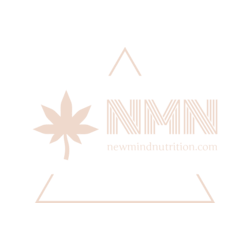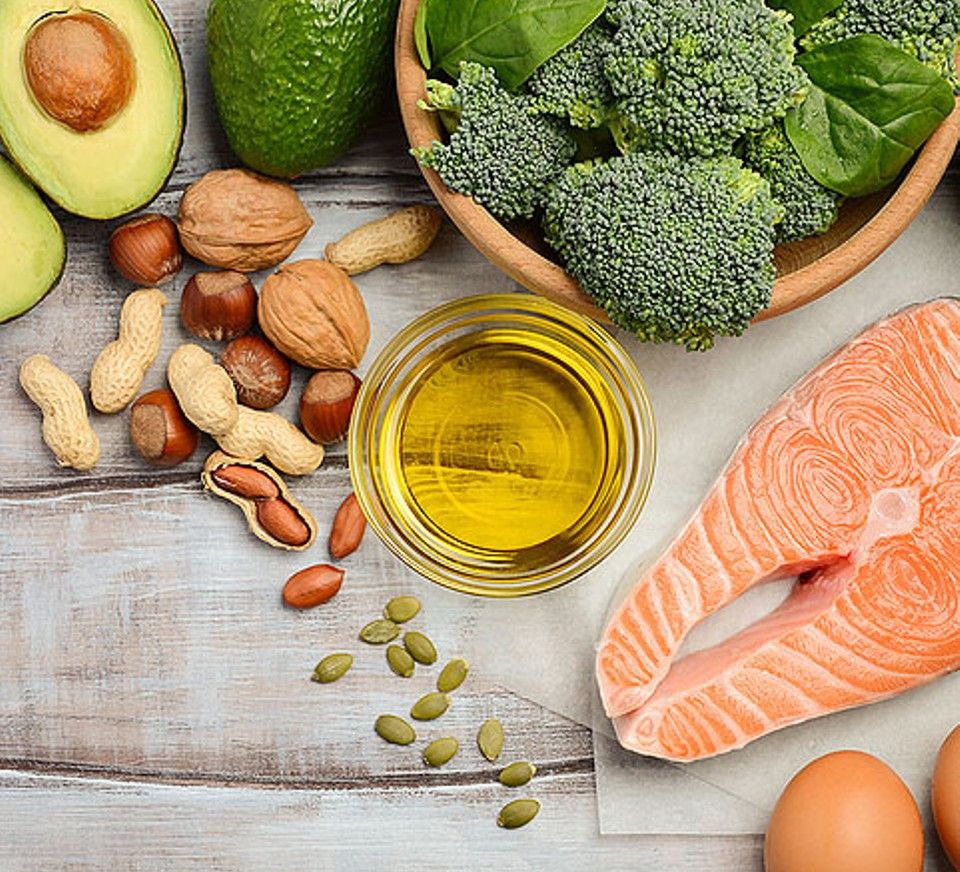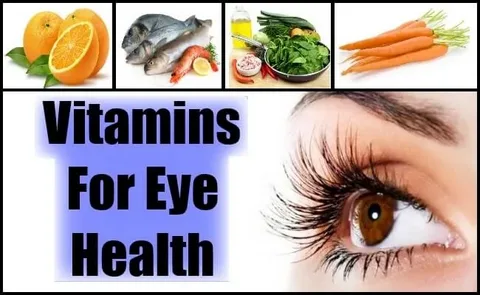Hormonal balance is crucial for overall health and well-being, affecting everything from mood and energy levels to metabolism and reproductive health. Vitamins play a pivotal role in maintaining this delicate equilibrium. This guide delves into how specific vitamins influence hormonal balance, the mechanisms behind their actions, and practical tips for incorporating them into your daily routine.
Understanding Hormonal Balance
Hormones are chemical messengers produced by glands in the endocrine system. They regulate numerous bodily functions, including growth, metabolism, mood, and reproductive processes. When hormones are out of balance, it can lead to a range of health issues, from weight gain and fatigue to fertility problems and mood disorders.
Key Vitamins for Hormonal Balance
Vitamin D
Vitamin D is often called the sunshine vitamin because it’s produced in the skin in response to sunlight. It plays a critical role in regulating the production of hormones, including insulin and parathyroid hormone. Vitamin D also influences the secretion of estrogen and testosterone, essential for reproductive health.
Vitamin B6
Vitamin B6, or pyridoxine, is vital for the synthesis of neurotransmitters, which are chemicals that transmit signals in the brain. It also helps regulate steroid hormones, including estrogen and progesterone. Adequate levels of Vitamin B6 can help manage symptoms of PMS and improve mood stability.
Vitamin E
Vitamin E is a powerful antioxidant that protects cells from oxidative stress, which can disrupt hormonal balance. It also supports the production of steroid hormones and helps maintain the integrity of cell membranes, which is crucial for hormone receptor function.
Vitamin C
Vitamin C is essential for the synthesis of neurotransmitters and the production of steroid hormones, including cortisol. It also helps regulate the function of the adrenal glands, which are crucial for managing stress hormones.
Vitamin A
Vitamin A is vital for maintaining the health of the reproductive system. It plays a significant role in the synthesis of steroid hormones and supports the function of the ovaries and testes. Adequate Vitamin A levels are essential for fertility and reproductive health.
How Vitamins Influence Hormonal Balance
The Role of Vitamin D in Hormone Regulation
Vitamin D receptors are present in many tissues, including the brain, ovaries, and testes. This vitamin influences the production of sex hormones, such as estrogen and testosterone. It also plays a role in regulating the menstrual cycle and can impact conditions like polycystic ovary syndrome (PCOS).
The Impact of Vitamin B6 on Hormone Synthesis
Vitamin B6 is crucial for the synthesis of neurotransmitters like serotonin and dopamine. These neurotransmitters influence mood and emotional well-being. Additionally, Vitamin B6 helps in the synthesis of progesterone and estrogen, making it essential for menstrual cycle regulation and reducing PMS symptoms.
How Vitamin E Affects Hormonal Health
Vitamin E’s antioxidant properties help protect cells from damage caused by free radicals. This protection is crucial for maintaining the health of the endocrine system and ensuring the proper function of hormone receptors. Vitamin E also supports the production of sex hormones, playing a role in fertility and reproductive health.
The Role of Vitamin C in Stress Hormone Regulation
Vitamin C is integral in the synthesis of cortisol, a hormone produced by the adrenal glands in response to stress. It also supports the adrenal glands’ function, helping to maintain balanced cortisol levels. This balance is essential for managing stress and maintaining overall hormonal equilibrium.
Vitamin A’s Contribution to Reproductive Health
Vitamin A is essential for the synthesis of steroid hormones, which include sex hormones like estrogen and testosterone. It supports the function of the ovaries and testes, playing a crucial role in maintaining reproductive health and fertility. Adequate Vitamin A levels are also vital for maintaining the health of the uterine lining and ensuring successful implantation of the embryo.
Practical Tips for Enhancing Hormonal Balance with Vitamins
Incorporate Sunlight for Vitamin D
Spend some time outdoors in the sunlight to boost your Vitamin D levels. Aim for about 10-15 minutes of sun exposure on your face and arms a few times a week. If sunlight is limited, consider Vitamin D supplements after consulting with a healthcare provider.
Eat a Balanced Diet Rich in B6
Foods rich in Vitamin B6 include chicken, fish, potatoes, chickpeas, and bananas. Incorporate these foods into your diet to support hormone regulation and reduce PMS symptoms.
Add Vitamin E-Rich Foods to Your Diet
Nuts, seeds, spinach, and avocado are excellent sources of Vitamin E. Include these foods in your daily diet to support cell health and hormone production.
Consume Citrus Fruits for Vitamin C
Citrus fruits, bell peppers, and broccoli are high in Vitamin C. Eating a variety of these foods can help maintain healthy cortisol levels and support adrenal gland function.
Include Carrots and Sweet Potatoes for Vitamin A
Carrots, sweet potatoes, and dark leafy greens are rich in Vitamin A. Incorporate these into your meals to support reproductive health and hormone synthesis.
FAQs
What are the best sources of Vitamin D for hormonal balance?
Vitamin D can be obtained through sunlight exposure, fatty fish, fortified dairy products, and supplements.
How does Vitamin B6 help with PMS symptoms?
Vitamin B6 helps regulate estrogen and progesterone levels, reducing PMS symptoms like mood swings, bloating, and breast tenderness.
Can Vitamin E improve fertility?
Yes, Vitamin E’s antioxidant properties support reproductive health and hormone production, potentially enhancing fertility.
How does Vitamin C help with adrenal health?
Vitamin C supports the adrenal glands’ function, aiding in the synthesis of cortisol and helping manage stress effectively.
What are the signs of Vitamin A deficiency affecting hormones?
Signs include poor vision, weakened immune function, and reproductive issues such as irregular menstrual cycles.
Can taking Vitamin D supplements help with PCOS?
Yes, Vitamin D can help regulate menstrual cycles and improve insulin sensitivity, beneficial for managing PCOS symptoms.
How much Vitamin B6 should I take daily?
The recommended daily intake for adults is 1.3 to 2 mg, but consult with a healthcare provider to determine the appropriate dosage for your needs.
Are there risks associated with high doses of Vitamin E?
High doses of Vitamin E can increase the risk of bleeding. Stick to the recommended dietary allowances and consult your doctor before taking supplements.
What foods are high in Vitamin A?
Foods rich in Vitamin A include carrots, sweet potatoes, spinach, and liver. These foods support hormone synthesis and reproductive health.
How can I naturally boost my Vitamin C intake?
Consume citrus fruits, bell peppers, strawberries, and broccoli to boost your Vitamin C levels naturally.
Conclusion
Maintaining hormonal balance is essential for overall health, and vitamins play a vital role in this process. By incorporating the right vitamins into your diet, you can support your endocrine system, enhance your mood, improve reproductive health, and manage stress effectively. Whether through dietary sources or supplements, prioritizing these vitamins can help you achieve optimal hormonal balance and enjoy better health and well-being.
- Botox For Dimpled Chin In Hampstead, London - May 9, 2025
- Forehead Frown Lines Treatment Near Wonersh, Surrey - May 9, 2025
- How Much Is 05 Ml Lip Filler Cost - May 9, 2025



